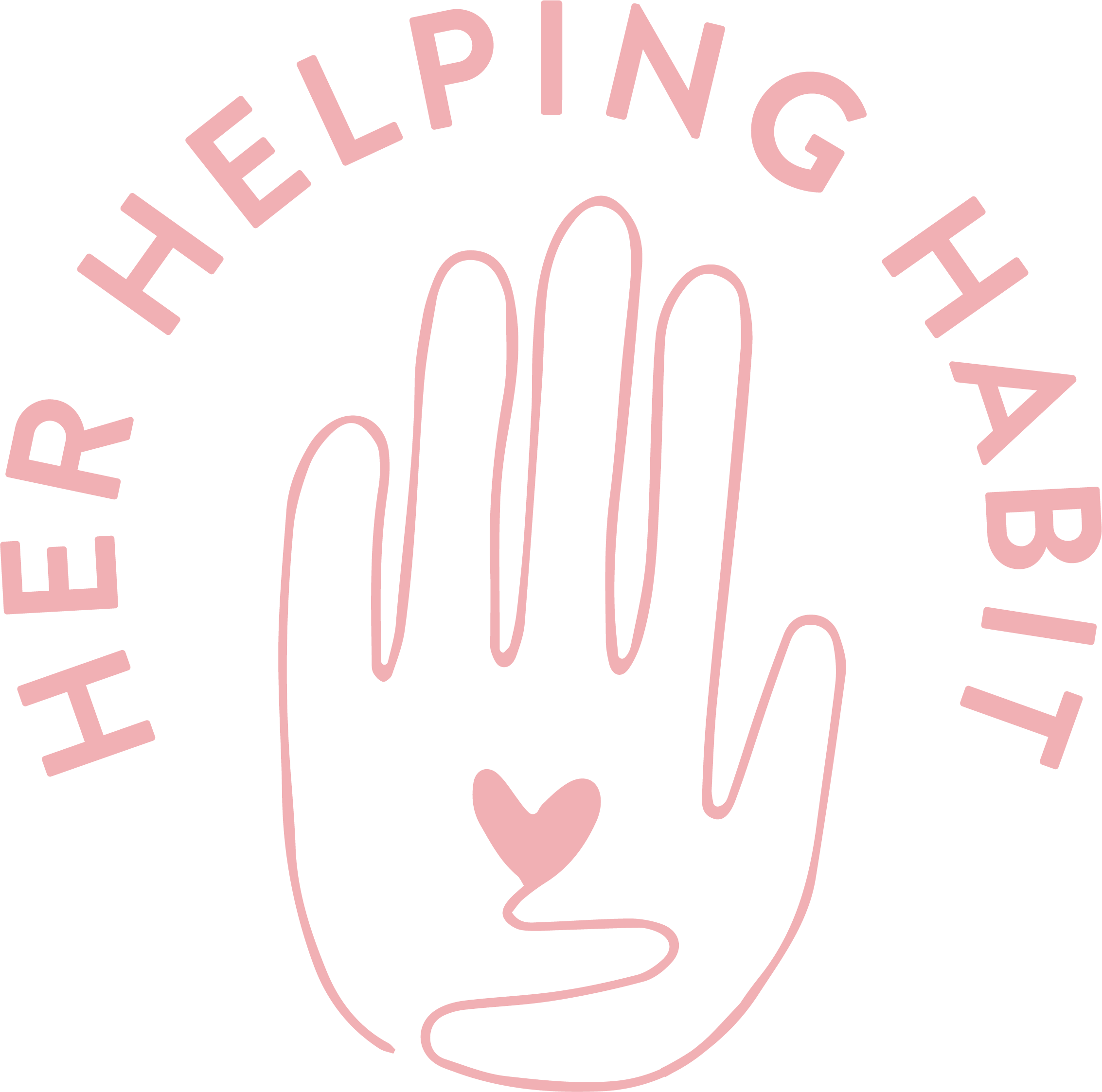Egg Donation Intended Parent FAQs
-
Parents are recommended to budget somewhere between $25,000 and $45,000 for a fresh egg donor cycle in Canada. This will cover clinic costs, outside monitoring, medication, legal and agency fees, donor reimbursements and travel costs. This estimate can increase by thousands depending on the services you choose. Using an agent like Her Helping Habit can save you currency fees and provide more eggs, meaning more opportunities for what you’re already spending. If finances concern you, ask us about sharing an egg donor or set up a consultation to learn about alternative options.
-
Absolutely! Although we focus more on services in Canada, we often help clients from the United States and are always willing to help those across the globe if we can. If this is you, please send us a message.
-
Egg donors are not compensated, but they are reimbursed for any egg donation-related expenses such as lost wages, childcare, house/dog sitting, travel, mileage, etc. Our Egg Donor Coordinator would be happy to go over the reimbursement process with you over the phone during a free 30-minute consult call that you can book here.
-
There is so much emerging research today that supports a known donation being the best option. Third-party reproduction is fairly new; the first offspring from successful egg donation was born in 1983, during an era of keeping everything “hush hush.” It is only now as these children become adults that we are learning about their feelings, perspectives and opinions about anonymity, and it is very apparent this community wants to be able to access information if needed. The industry is still changing and Her Helping Habit is a leader in this. Please contact us for a list of research articles.
Known donation allows for the exchange of pertinent information between the intended parents and potential donors. Recipients and egg donors are free to choose whether to meet in person or not, and they can elect to maintain contact throughout their lives or simply leave the lines of communication open for later exchanges of information. Her Helping Habit can assist you with determining what level of communication works best for all parties.
-
We are personable, compassionate, kind, transparent, honest and we’re here to take your hand and guide you through your infertility journey. Her Helping Habit Founder and Egg Donor Coordinator Katelyn Paquin has made it her life’s work to help people start or add to their families in a way that is uplifting for everyone involved. Her personal experience donating her own eggs to help others conceive makes her a uniquely qualified, compassionate and understanding partner throughout the entire process.
-
Helping people find a known donor is what we specialize in! We do not believe in anonymous donations; therefore, we do not offer them. Please see the above question on why you should use a known donor.
-
To begin browsing our extensive database of egg donors, please fill out our online application here. When filling out the application, please do not hesitate to contact us with any questions. We’re here to help!
-
This varies depending on what you are looking for in an egg donor and your chosen donor’s availability. Some donors can only donate during university holidays or have other commitments like childcare to arrange. We always do our best to find a donor based on your timeline, whether you want to find a donor ASAP or you want to start browsing donor profiles now for a donation in the near future.
-
At Her Helping Habit, each of our egg donors is screened; we review the potential donor’s medical history (as well as her family medical history), her psychological history and her responses to personality questions are all assessed before being considered for our database. If a donor has donated before, we will have those records as well. We are the only agency with a registered social worker and therapeutic counselor (Founder and Egg Donor Coordinator Katelyn Paquin) on staff who does all the screening, which offers an extra level of security.
